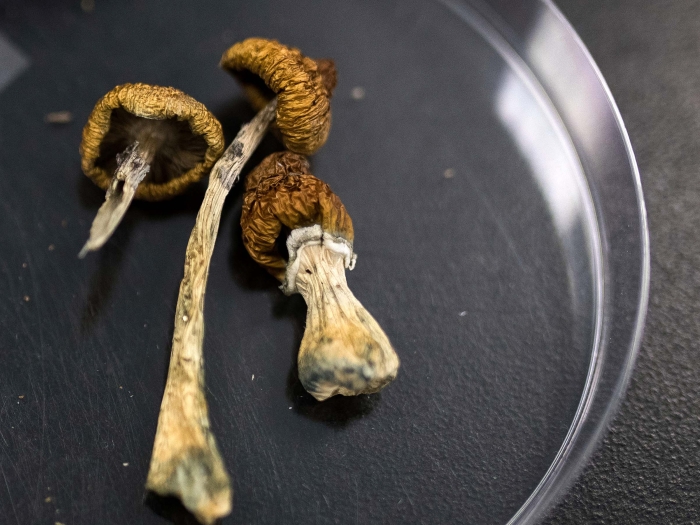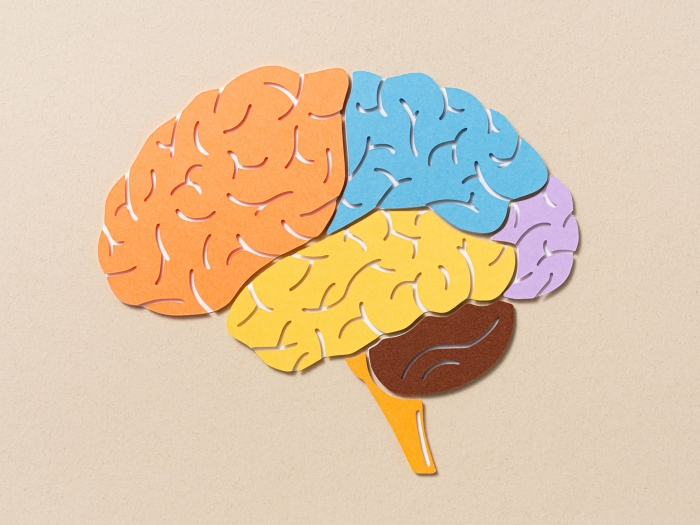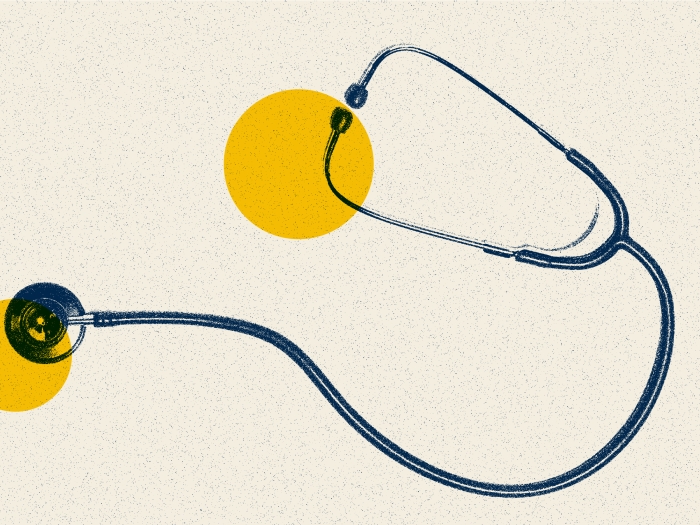People were plunged into the issue of COVID-19
5:00 AM
Author |

With the onset of the coronavirus pandemic, people were plunged into a situation that required them to acquire information about an emerging scientific issue to assess the adequacy of government actions and programs of significant personal import to each individual.
There are other important scientific issues, like climate change or energy sources, but few involve short-term life or death consequences similar to the COVID-19 pandemic.
An international team led by University of Michigan research scientist Jon Miller found that people who earned a college degree and took the required college science courses gained a general level of biological literacy that enabled them to make more informed policy judgments about the effectiveness of the Trump administration’s handling of the COVID-19 pandemic.
In the last week prior to the 2022 midterm elections, these results were important in understanding how citizens made sense of scientific or technical issues such as viral mutation and transmission and the efficacy of vaccines — and how their government worked to protect them against a deadly virus.
Using a national probability sample of adults, Miller and colleagues asked respondents about the importance of each of a dozen prominent issues ranging from health care to immigration in determining their vote in the 2020 presidential election and then about their views on the substance of each issue.
Some of the traditional political issues were completely explained by an individual’s partisanship, but the handling of the COVID-19 pandemic displayed an independent influence on vote choice above and beyond partisanship.
Live your healthiest life: Get tips from top experts weekly. Subscribe to the Michigan Health blog newsletter
Miller’s team found that nearly 60% of respondents who had a graduate or professional degree held a strongly critical assessment of the Trump administration’s handling of the pandemic, and 45% of those who had completed one to three college science courses were highly critical of the administration’s performance.
By comparison, just 6% of respondents with one to three college science courses were strongly supportive of the Trump administration’s handling of the pandemic.
Reflecting the polarized American political system, partisanship and religious beliefs were strong indicators of respondents’ assessment of the Trump administration’s handling of the pandemic.
On some issues such as the Affordable Care Act or climate change, the distribution of policy attitudes was nearly identical to ideological partisanship, but on the distribution of the assessment of the government’s handling of the COVID-19 pandemic, there was substantial marginal variations that reflected differences in biological knowledge and understanding of the coronavirus.
Prior biological knowledge aided the acquisition and understanding of emerging news about the COVID-19 pandemic. This information was especially important to the one in four American adults who think of themselves as “independents” and eschew affiliation with either of the major political parties.
This analysis was published in the International Journal of Lifelong Education.
In a separate analysis published earlier this year, Miller and his co-authors also examined how Americans decided to get or reject a COVID-19 vaccination. They found that educational attainment, biological literacy and an understanding of the coronavirus were strong positive predictors of willingness to be vaccinated, while religious fundamentalism and conservative partisanship were strong, negative indicators of intent to vaccinate.
Sixty-one percent of adults with a bachelor’s degree reported that they would definitely or probably get a COVID-19 vaccination, and 70% of adults with graduate or professional degrees reported the same. Just 39% of high school graduates said they were likely to get a vaccination.
More than half (54%) of American adults who completed one to three college science courses — the general education requirement at most universities — indicated they were willing to take the vaccine, while 65% of American adults who took four or more college science courses indicated the same.
Headlines from the frontlines: The power of scientific discovery harnessed and delivered to your inbox every week. Subscribe to the Michigan Health Lab blog newsletter
Seventy-three percent of adults who qualified as literate on a Biological Literacy Scale said they would take the vaccine, while only 44% of adults who did not qualify as biologically literate said they intended to be vaccinated.
“The majority of Americans had never heard of the coronavirus before the pandemic, but these parallel results indicate citizens in the internet era seek information at the time that they need it and the internet makes this possible in a timely manner,” Miller said.
Looking at the performance of American adults in acquiring and making sense of complex coronavirus information on relatively short notice, Miller observed that the United States is uniquely positioned to cope with this kind of emergency.
Like Podcasts? Add the Michigan Medicine News Break on Spotify, Apple Podcasts or anywhere you listen to podcasts.
“The U.S. is the only country in the world that requires all of its undergraduates to have a year of science regardless of their major field of study,” he said.
Millar said that educators and public policy leaders have recognized the long-term benefits of this system, but the COVID-19 pandemic demonstrated its value in a public health emergency.
The results of the intent-to-vaccinate analysis was published in The FASEB Journal of the Federation of American Societies of Experimental Biology.
For both analyses, the researchers surveyed a group of 3,141 Americans in March and April 2020, then followed up with the same group in November and December 2020. A total of 2,737 completed the second survey.
This article was additionally reviewed by Ridhima Kodali.
This article was originally appeared on the University Record website.

Explore a variety of healthcare news & stories by visiting the Health Lab home page for more articles.

Department of Communication at Michigan Medicine
Want top health & research news weekly? Sign up for Health Lab’s newsletters today!





